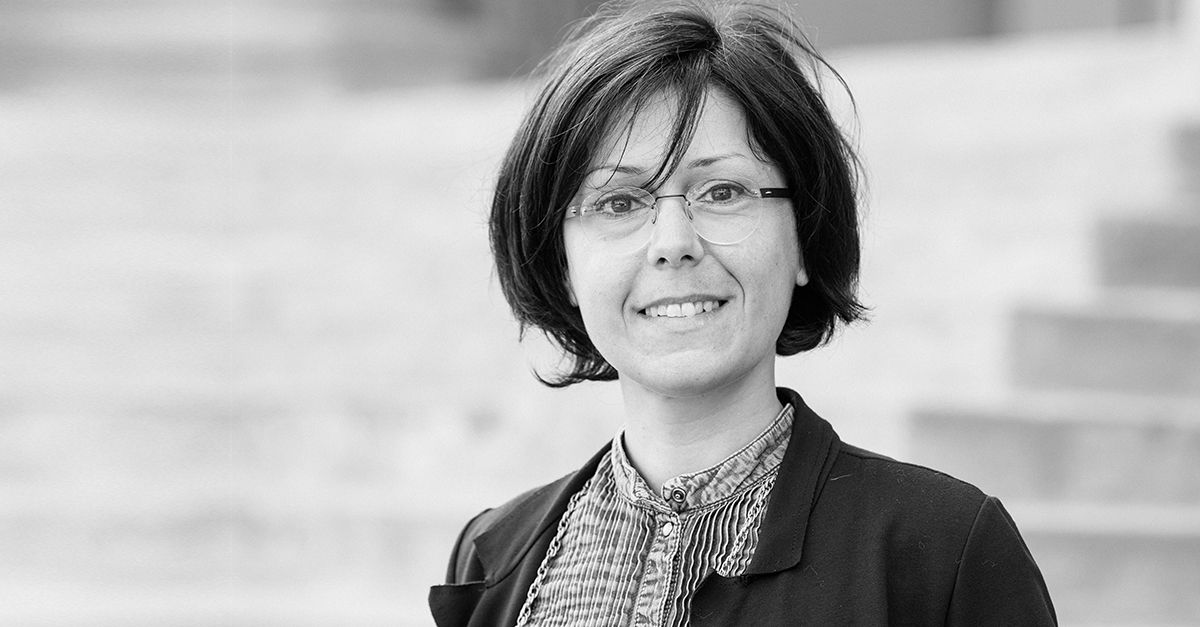
The strength of the Community to cope with an emergency
18 May 2021Researcher and practitioner in the field of sustainability assessment, Life Cycle Assessment, environmental risk assessment and remediation. She completed her PhD in Civil, Chemical, Environmental and Materials Engineering at DICAM, University of Bologna in 2017. She has been a Climate Kic Pioneer in 2015. She is currently Junior Assistant Professor at the Department of Management of the University of Bologna, involved in several research projects, such as EIT Climate Kic Flagship “ReIndustrialise “and Sustainability Measurement and Management Laboratory “SuMM Lab”.
The new BBS Centre for Sustainability and Climate Change has been created in the context of a Community, BBS’ one, in which academic, managerial, and entrepreneurial skills are part of a single system for the creation of shared value and, therefore, are impactful. As for sustainability, characterised by the urgency of pressing global challenges, but also by the opportunity for businesses, given the competitive advantage it can confer, an approach that brings academia, business, and practitioners together at the same table is more successful than ever, to create rapid and effective mechanisms for positive and factual feedback. The Centre will have the possibility of directly contributing to the training of those working for companies, so as to provide innovative elements to support the practical implementation of sustainability. In a symbiotic framework, the Centre will be nourished by contributions from the business world and will work in collaboration with it to propose projects aimed at the impact that new knowledge from research can have.
The contribution of researchers with different backgrounds and experiences is crucial in this perspective. First and foremost, because sustainability issues are by nature complex and multifaceted, since sustainability arises at the intersection of economy, environment, and society. The transition to sustainability requires a systemic approach, which can activate actions on several levels at the same time and in several sectors of the economic world and society. For this reason, a team made up of different professionals and experiences helps grasping the many aspects that make up the problem and to propose, in a project rationale, broader and more varied investigations and actions, with the ability to outline their impacts in different areas.
For the business world, sustainability has become an operational condition, as environmental regulations (limiting emissions, impacts and resource consumption) and social ones (implementing policies on fair pay and gender equity, to name but a few) are increasingly binding and restrictive. Companies obliged to report their greenhouse gas emissions through the Emission Trading System (EU-ETS), for example, see their ability to freely emit climate-altering greenhouse gases cut to zero. If they have not been able to innovate their processes and find themselves in the position of not complying with the limits imposed, they have two paths: paying increasingly large fines or buying emission packages on the carbon market, where prices are bound to rise in relation to the progressive decrease in availability. At the same time, sustainability also represents one of the best opportunities for the future of companies, as witnessed by the growing interest of the market, on the one hand, and of investment funds, on the other. In support of the first aspect, a survey conducted by Nielsen in 2019 reports, for example, that 81% of respondents say they consider it very or extremely important for companies to implement environmental sustainability actions for them to become their customers. In support of the latter, Larry Fink’s letter at the beginning of the year, number one of BlackRock (the world’s largest asset management fund) reports that 2020 saw a shift of funds of $288 billion towards sustainable assets, committed to the topic of climate change, marking a 96% increase over the previous year. These figures should convince even the most sceptical.
Ducunt volentem fata, nolentem trahunt (the Fates lead the willing and drag the unwilling).
By Sara Zanni, Assistant Professor of Business Sustainability
